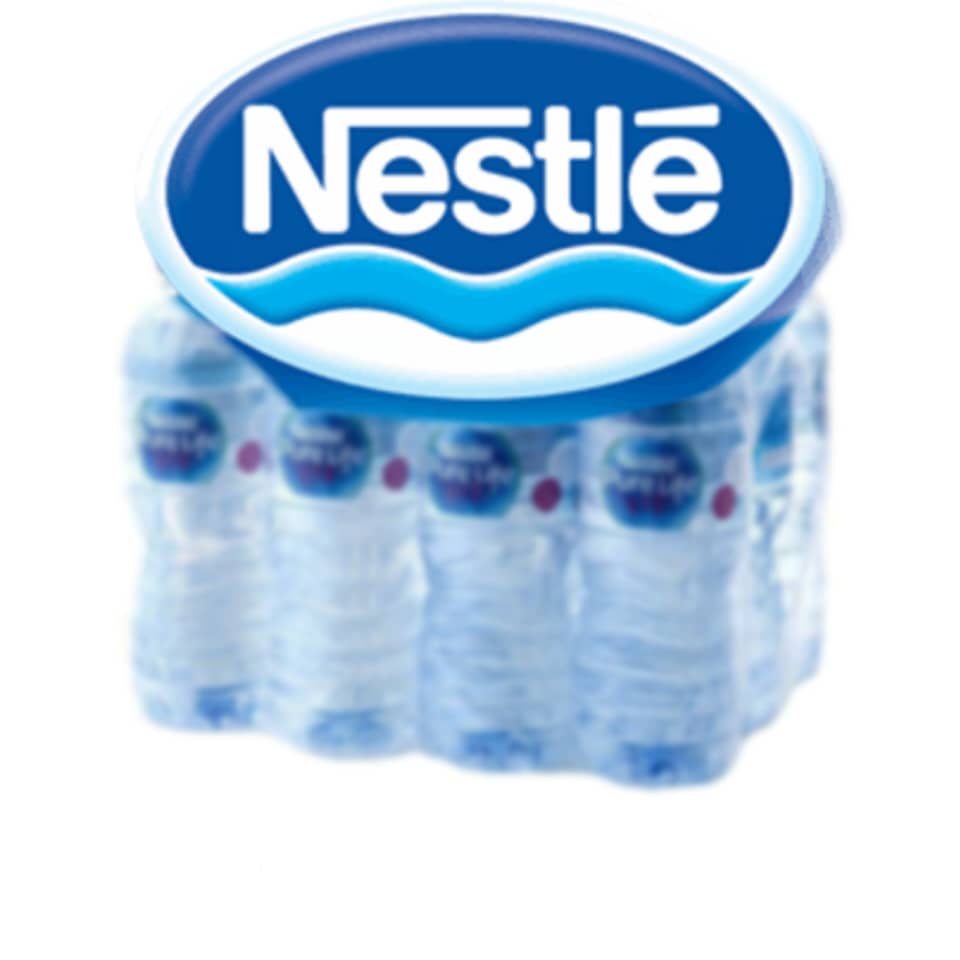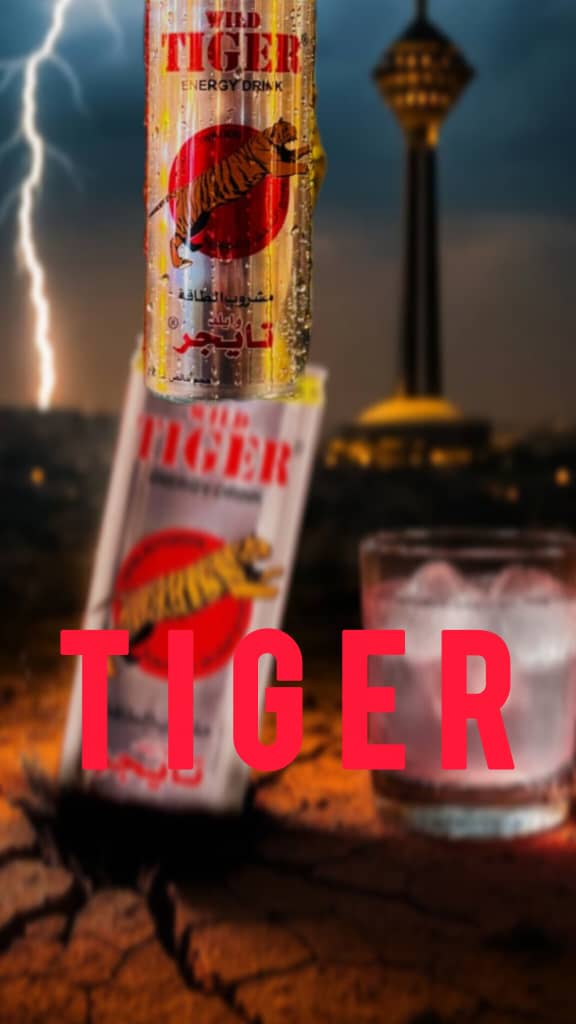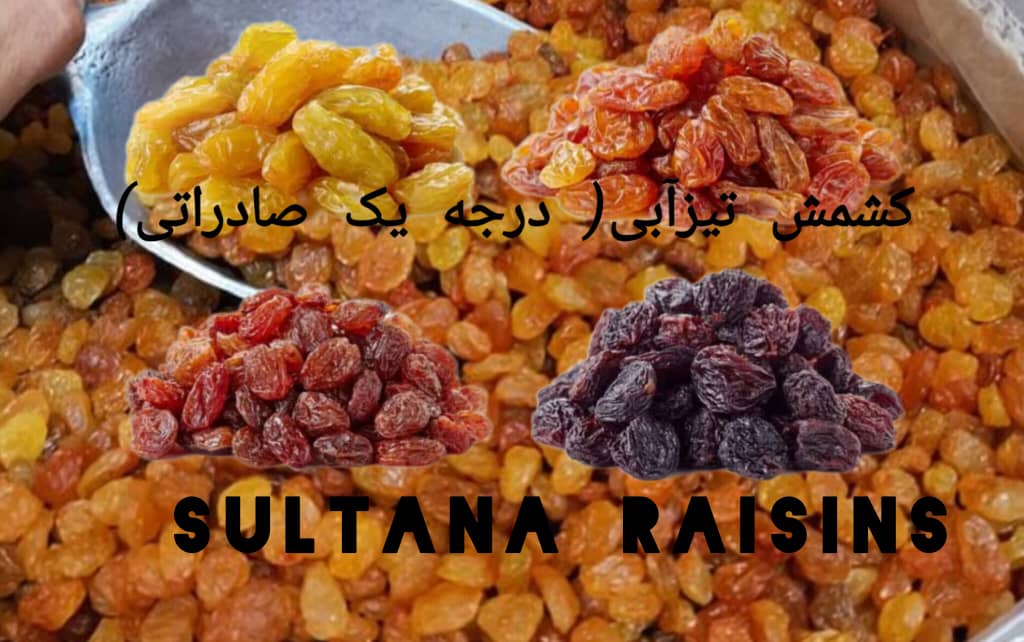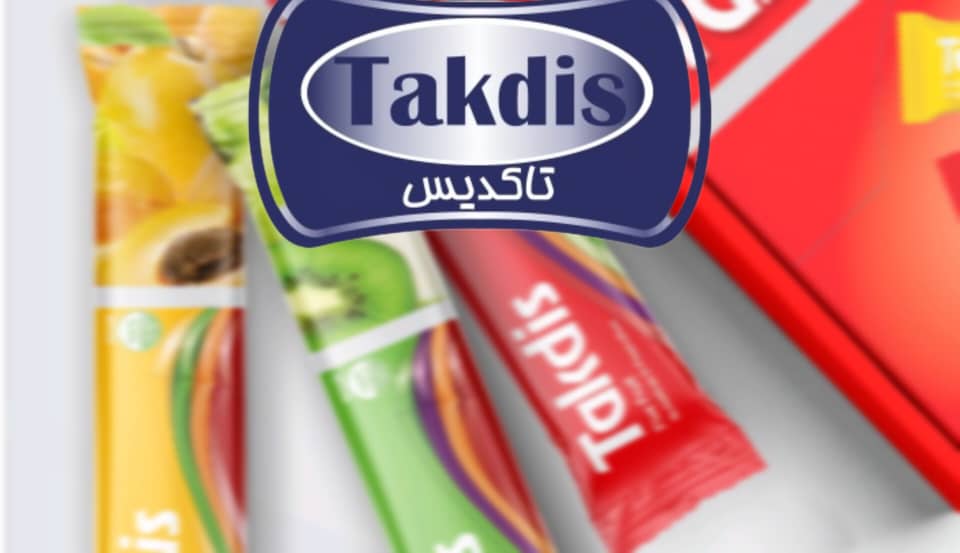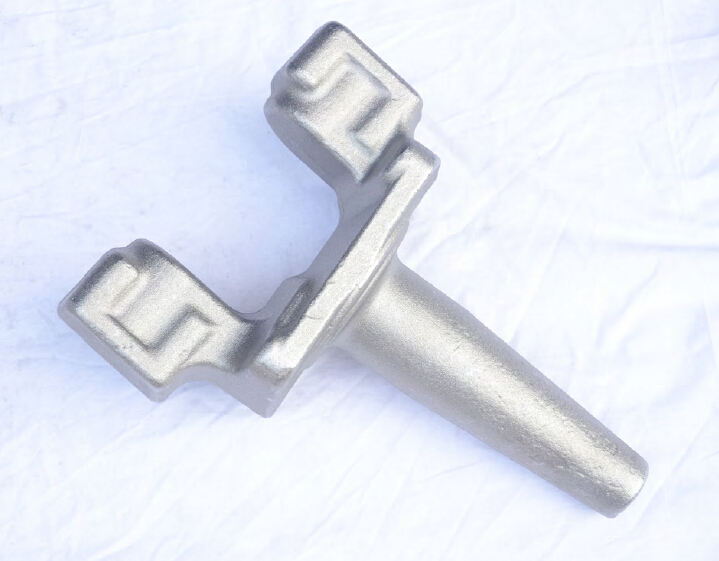
- Seen : 262 View
Forging is manufacturing process where metal is pressed, pounded or squeezed under great pressure into high strength parts known as forgings. The process is normally (but not always) performed hot by preheating the metal to a desired temperature before it is worked. It is important to note that the forging process is entirely different from the casting (or foundry) process, as metal used to make forged parts is never melted and poured (as in the casting process).
Why use forgings and where are they used?
The forging process can create parts that are stronger than those manufactured by any other metalworking process. This is why forgings are almost always used where reliability and human safety are critical. But you'll rarely see forgings, as they are normally component parts contained inside assembled items such a airplanes, automobiles, tractors, ships, oil drilling equipment, engines, missiles and all kinds of capital equipment - to name a few.
What metals are forged?
Just about any metal can be forged. However, some of the most common metals include: carbon, alloy and stainless steels; very hard tool steels; aluminum; titanium; brass and copper; and high-temperature alloys which contain cobalt, nickel or molybdenum. Each metal has distinct strength or weight characteristics that best apply to specific parts as determined by the customer.
What kind of equipment is used to make forgings?
Although the styles and drive systems vary widely, a forging can be produced on any of the following pieces of equipment.
Hammers with a driving force of up to 50,000 pounds, pound the metal into shape with controlled high pressure impact blows.
Presses with a driving force of up to 50,000 tons, squeeze the metal into shape vertically with controlled high pressure.
Upsetters are basically forging presses used horizontally for a forging process known as "upsetting".
Ring Rollers turn a hollow round piece of metal under extreme pressure against a rotating roll, thereby squeezing out a one-piece ring (with no welding required).
Forging auto spare parts
Saler Company Information




